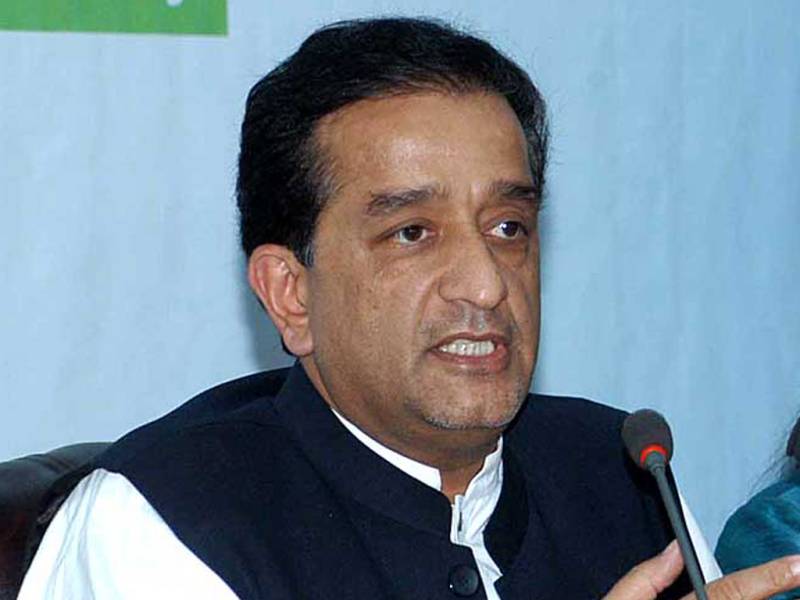Prime Minister’s Advisor on Climate Change Malik Amin Aslam lauding Sindh government’s efforts to ban non-biodegradable plastic shopping bag across the province has said that the ban will yield benefits for the public health and help significantly tackle environmental degradation in the province.
Talking to media here on Tuesday, Amin Aslam said that the use of plastic shopping bags has emerged the gravest common environmental and health challenge for the country.
“However, tackling this issue is vital to overcoming environmental degradation that costs billions of rupees annually to the national economy and for this banning use, sale, purchase and manufacturing single-use plastic bags is a key step towards protecting environment and public health,” the PM’s Advisor stressed.
The Sindh government notified last week (September 27) a complete ban on the use, sale, purchase and manufacturing bio-degradable plastic bags of all sizes across the province from October 01.
The ban aims to overcome growing environmental and public health challenges arising out of the rampant use of plastic bags.
“While the ban on the use of plastic bags has been put in place, implementing the ban across the province by completely prohibiting use, sale, purchase and manufacturing of the plastic bags will be a serious test for the provincial government,” Malik Amin Aslam emphasized.
He said while banning the plastic bag use, there is also a need that the provincial government introducing and promotes alternative bags made of fabric and other degradable and environmental-friendly materials.
For this, provincial government can better benefit by engaging various civil society organizations that offer various viable solutions to plastic bag, the PM’s Advisor suggested.
He also urged other provinces to follow the suit of federal and Sindh provincial governments to get the country completely free of plastic bag for protecting public and environmental health from negative impacts of the plastic bag uses.
Punjab Chief Minister Usman Buzdar has already announced to ban plastic bags in the province and working towards the goal of making Punjab.
First time in the country federal government took a bold initiative to ban plastic bag use, sale, purchase and manufacturing at all levels through a law and created a replicable model for other provincial governments to follow.
Having imposed a blanket ban on the use of polythene shopping bags in Islamabad with effect from August 14 this year, Pakistan finally entered the ever-growing club of countries that are taking the threat of plastic pollution seriously.
The Pakistan Tehereek-e-Insaf (PTI) led government’s efforts for curbing plastic pollution aimed at reducing the harm that plastic does to marine ecosystems and wildlife, Amin Aslam remarked.
Affecting humans, besides killing the wild and marine life and affecting the overall environmental and public health throughout the world, these harmful plastic bags do not readily break down in the environment and require 20 to 1,000 years to decompose.
While the use of plastic bags is rising at the rate of 15 percent annually, as many as 12 million plastic bags were used in Pakistan between 1990 and 1991. This consumption had surged to 43 billion in 2005 and up to 55 billion in 2007, according to a survey conducted in 2013 by Pakistan Environmental Protection Agency Islamabad of the Ministry of Climate Change.
Climate Change Secretary Hassan Nasir Jami said that the ban of plastic bag use will hugely help tackle growing solid waste management problem in the country. Because, discarded/used plastic bag constitute a major portion of the overall solid waste generated across the country and the problem is now a graver challenge.






